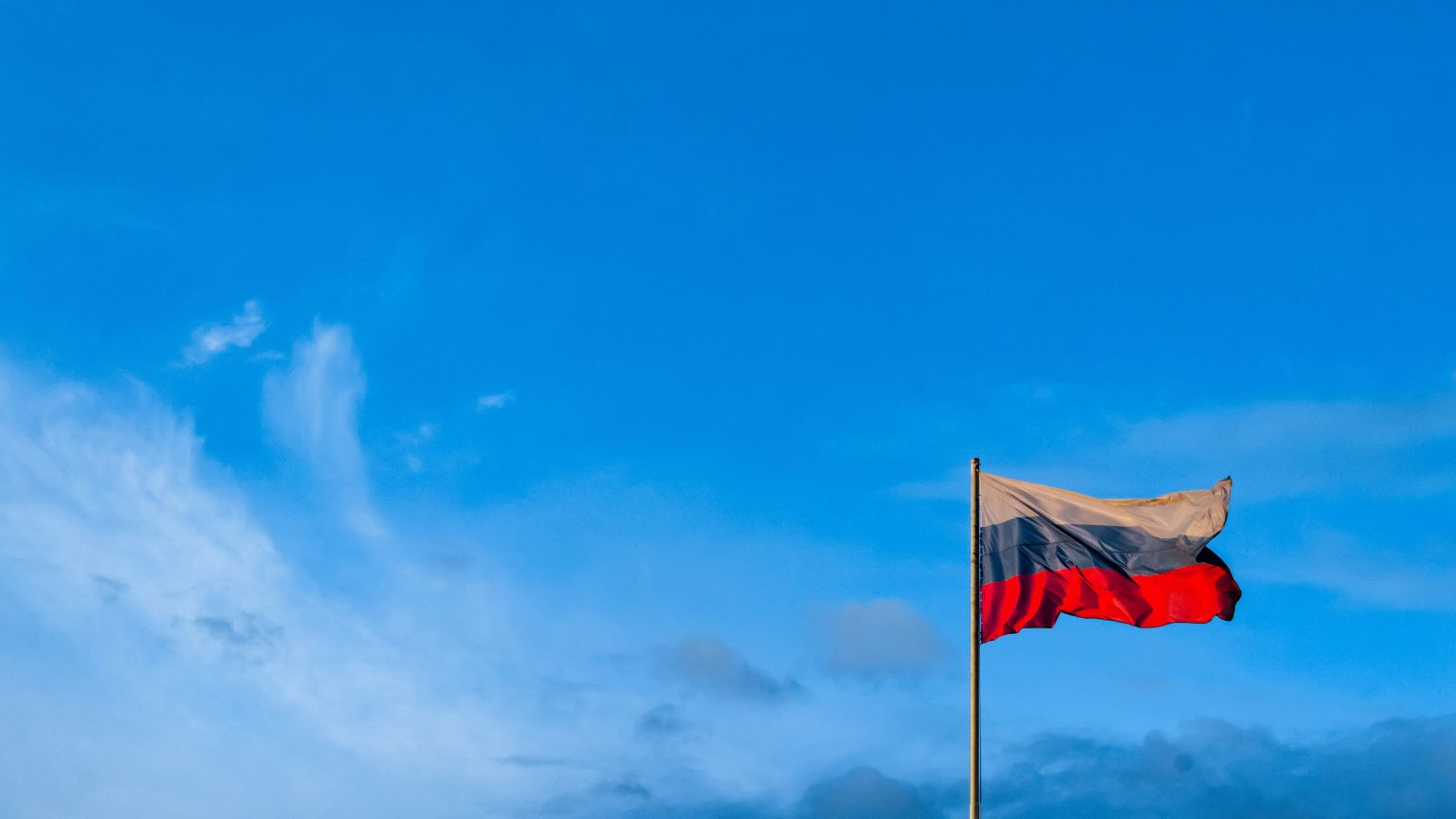Russia’s Ministry of Communications, in conjunction with the Russian government’s National Broadcasting Company and all other state-owned media outlets, this week gave themselves the power to block websites they deem offensive in new ways.
The change was enacted on December 26th. Russia operates under a media censorship law that has been in place since 2013 and is often used to censor pornography.
The law does not just target pornography, however. The law allows the government to block websites deemed harmful to children and information about drug use and suicide.
However, the update to the law gives Russia the power to block websites that contain what it calls “LGBT propaganda,” and anything that promotes “non-traditional” relationships or is related to “the promotion of the superiority of one sex over another.”
The decree is signed by Prime Minister Mikhail Mishustin and follows President Vladimir Putin signing, in December, new legislation that bans the depiction of non-heterosexual identities and relationships.
The regulation also states that all media outlets are meant to comply with the new rules and only run approved content. Violators of this rule could be fined up to 200,000 rubles (roughly USD 3,000).
Russia’s federal media regulator, Roskomnadzor, has the right to review any media content presented in the country. If, in the judgment of Roskomnadzor, a media outlet has violated some of the law’s policies and regulations, they can block websites or remove any content.






















